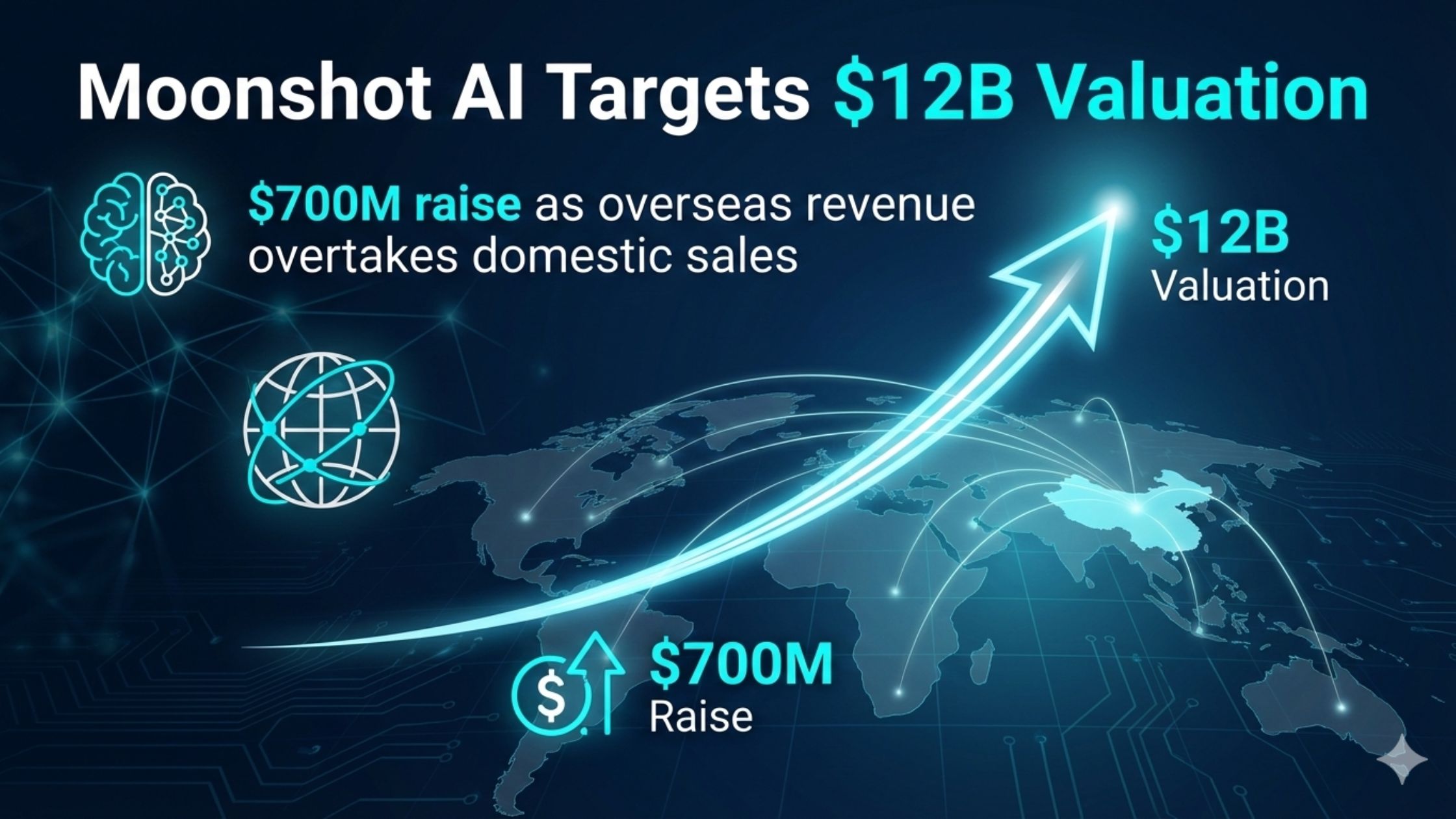AsiaTechDaily – Asia's Leading Tech and Startup Media Platform

Singapore’s SixSense Raises $8.5M to Bring AI Intelligence to Chip Manufacturing
Singapore’s SixSense, a deep tech startup focused on applying AI to semiconductor manufacturing, has secured $8.5 million in Series A funding, taking its total funding to roughly $12 million. Peak XV’s Surge led the round and was joined by Alpha Intelligence Capital, FEBE, and additional backers.
The company, which builds AI-driven platforms to identify and anticipate chip defects on production lines, is preparing to extend its presence to major semiconductor hubs such as the United States, Taiwan, and Malaysia. SixSense also plans to collaborate with AI-focused inspection equipment providers to bring stronger, on-the-ground AI integration across chip manufacturing facilities.
SixSense said it will use the fresh capital to invest in next-generation research and development, moving beyond isolated inspection tools to line-level intelligence. This approach enables multiple machines on a semiconductor production line to communicate through AI, allowing factories to make real-time, factory-wide decisions that improve output and reduce waste.
The company’s expansion comes at a time when demand from IoT, 5G, AI, and electric vehicles is pushing chipmakers to produce smaller and more complex semiconductors, leaving minimal margin for error. “Making a single chip is one of the most demanding feats in modern manufacturing,” said Akanksha Jagwani, Co-founder and CEO of SixSense. “Imagine building a skyscraper from microscopic Lego blocks, where a single invisible shift can cause the whole structure to fail — that’s the challenge fabs face daily.”
By leveraging AI, SixSense aims to spot early signs of failure before they escalate into costly defects or production delays. Its platform converts raw factory data — from defect images to equipment signals — into actionable insights, helping manufacturers prevent quality issues, increase throughput, and produce more usable chips from the same line.
SixSense’s system can detect rare and small defects that human inspectors often miss, while also avoiding the over-rejection of good chips, which improves yield. Its Predict AI feature forecasts where, when, and what to inspect, allowing process engineers to take proactive measures that reduce downtime and scrap. The platform also supports lot disposition and root-cause analysis, helping fabs identify high-risk wafers and resolve underlying issues faster.
Unlike traditional AI tools, the company emphasizes that SixSense is hardware-agnostic and designed for engineers rather than data scientists. “Process engineers can fine-tune models using their own fab data, deploy them in under two days, and trust the results — all without writing a single line of code. That’s what makes the platform both powerful and practicaal,” said Avni Agarwal, Co-founder and CTO. This approach makes the platform practical for large-scale chip production, where speed and reliability are crucial.
SixSense’s platform is already deployed at major semiconductor players, including GlobalFoundries and JCET, with over 100 million chips processed to date. Customers have reported up to 30% faster production cycles, a 1–2% yield improvement, and a 90% reduction in manual inspection work. The solution is compatible with inspection tools that cover over 60% of the global market, making it easier for new fabs to adopt AI-driven workflows.
Founded in 2018 by engineers Akanksha Jagwani and Avni Agarwal, SixSense leverages their combined expertise in manufacturing automation and data analytics to tackle complex challenges in chip production. The company is expected to gain from the global shift in semiconductor manufacturing, as new fabs emerge in the United States, India, Vietnam, Malaysia, and Singapore amid U.S.–China trade tensions. Avni Agarwal noted that many of these next-generation facilities are being built without legacy infrastructure, making them more receptive to AI-native solutions from the outset.



